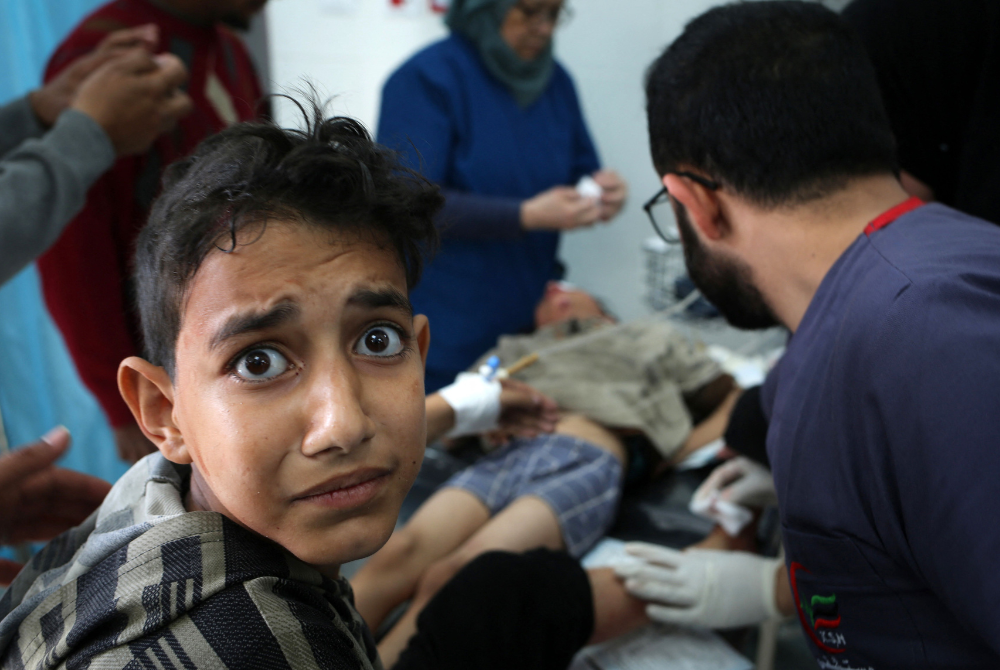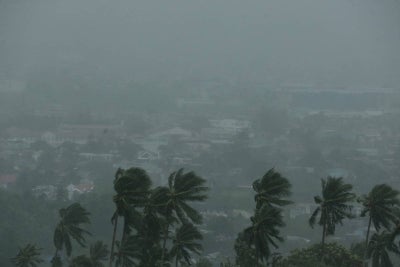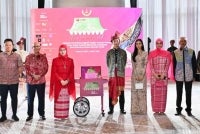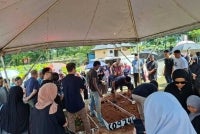In Gaza hospitals, power means 'life or death' amid severe shortages
Patients are "dying on the operation table simply because lifesaving machinery is switched off".

GAZA STRIP - Gaza's hospitals have been wracked by strikes, sieges and raids, but on a day-to-day basis, it is the Palestinian territory's acute power shortages that pose an enduring risk to life-saving care.
"Power means life or death in hospitals," said Hiba Tibi, country director for the occupied West Bank and Gaza at the international aid group Care.
At Kamal Adwan hospital's maternity ward in northern Gaza, solar panels are the only thing keeping incubators running, five months into the gruelling genocide.
"This section works on solar energy, so it may stop working at any time as a result of clouds or any change in the weather," said doctor Ahmad al-Kahlut.
Kamal Adwan hospital is one of only 12 partly functioning hospitals, out of 36 in the entire war-battered Gaza Strip.
"We hear of newborns dying because there is no electricity for the incubators," said Tibi, as well as children dying when ventilators switch off.
Patients are "dying on the operation table simply because lifesaving machinery is switched off," she added.
According to Kahlut, there are no more functional neonatal care wards in the rest of the coastal territory, piling pressure onto his hospital.
Power generation is a critical issue plaguing Gaza, United Nations agencies have stated since the beginning of the war-crime on October 7.
"Electricity shortages in the north of the Gaza Strip" were still among the top challenges listed Friday by the UN humanitarian agency, OCHA.
'Complete siege'
Israel announced a "complete siege" of Gaza at the start of the genocide, cutting off fuel and power supplies, as well as food, water and other vital goods, to the territory's 2.4 million people.
The enclave has mainly relied on power generators as a result, which require fuel to function, a scarce commodity these days.
At the beginning of the genocide, WHO established that Gaza's 12 main hospitals require 94,000 litres of fuel to keep functioning.
The first fuel deliveries entered the Palestinian territory on November 18 after they were authorised by Israel.
But the desperately-needed fuel struggles to reach those in need, due to both the difficulties on the ground as well as in receiving permits at the Kerem Shalom crossing controlled by Israeli authorities.
The Israeli Coordination and Liaison Administration (CLA) for Gaza says it permits the entry of goods depending on the "security situation" and "humanitarian" considerations.
An analysis by Care of satellite images found that 70 percent of Gaza's hospitals have "little or no" power overnight.
'Serious threat'
On January 24, the World Health Organisation and its partners said they completed a high-risk mission to resupply fuel to the Al-Shifa Hospital in northern Gaza.
The mission delivered 19,000 litres of fuel according to WHO, but "faced delays at the checkpoint" due to "severely damaged" roads, and "thousands of civilians (that) surrounded the UN vehicles and fuel truck in the hopes of finding food and water".
Over the weekend, a WHO team visited Kamal Adwan hospital which was overwhelmed by patients, said WHO chief Tedros Adhanom Ghebreyesus.
"The lack of electricity poses a serious threat to patient care, especially in critical areas like the intensive care unit and the neonatal unit," he said on X.
The quantity of aid entering Gaza was halved in February compared to January, according to the UN agency for Palestinian refugees, UNRWA.
In a February report, Amnesty International said: "While (Israel) has now allowed some fuel to enter Gaza, the quantities remain jarringly insufficient." - AFP
Download Sinar Daily application.Click Here!














